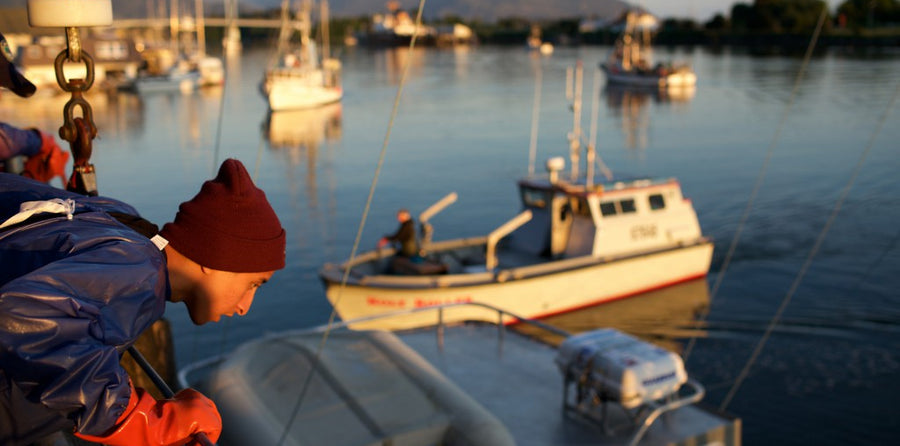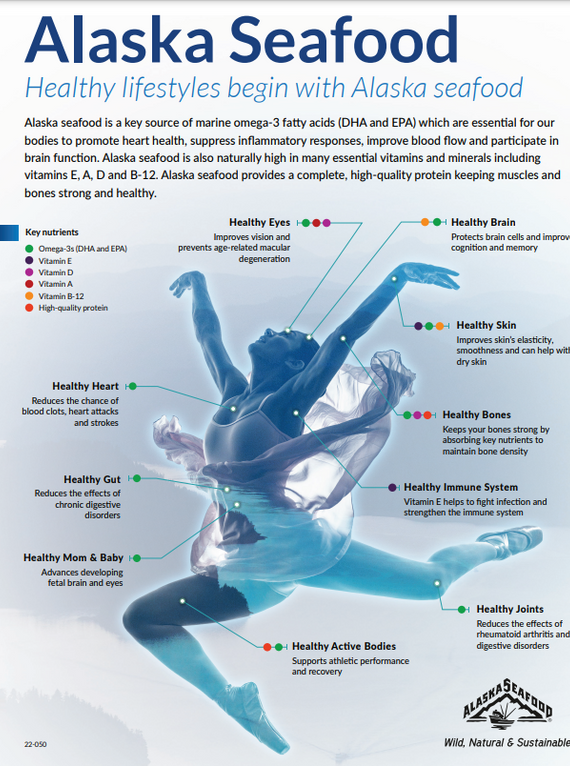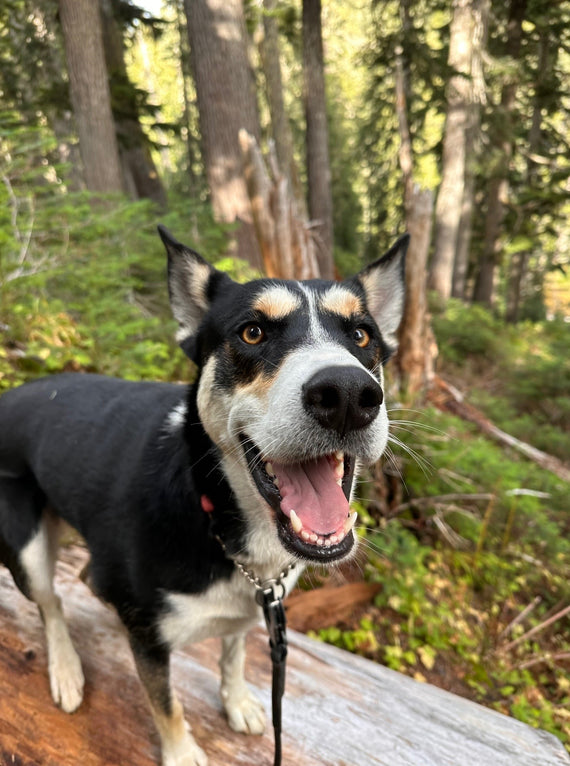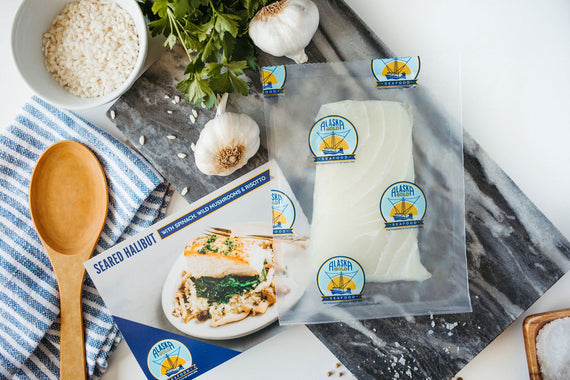
Seafood Producers Cooperative is, as our name suggests, a producers co-op. Which means that we’re owned and operated by fishermen. As owners, the fishermen are our shareholders. They call the shots. They vote on board members. (We have a board of directors made up of 12 fishermen/members democratically elected by their fellow co-op members.) They’re not at the whims of absentee shareholders. It’s the fishermen’s organization! As owners, fishermen also take a tremendous amount of pride in the fish they catch and how it gets to our customers. When you ask a fisherman what they like about being a fisherman, most will tell you that they like being their own boss. As owners of the co-op, they are the boss of a larger organization. That’s pretty powerful…
We all want artisan quality food grown on a small scale, handled with personal attention from the pasture, field or ocean to our plate.
Great producers spend their time in the field, not by the phone, reaching out to new distributors. Great producers, who understand their craft, all the fine details that go into making a perfect peach, for example, can sometimes make great business-people. It happens but it’s so rare that a farmer can maintain focus on all the disciplines involved in being both a businessperson and a food producer. It’s difficult to achieve a connection with the land or ocean when you’re in an office and vice versa.
When there is success with the business side of things, outside interests get involved. An investor reaps the benefits from a cash-strapped producer who needed a loan to make the big push toward notoriety.
When a fisherman tries to sell fish on his own, he faces three problems: Who does he get to process and package his fish? How does he get enough volume to scale so that his potential customers can rely on him always having enough to sell? How can he get enough money to solve the first two problems?
This is where a fishermen’s co-op steps in. A co-op allows a fisherman to do what he does best—catch fish. A co-op can invest in processing and packaging facilities. A co-op can achieve enough scale so that larger customers don’t run dry. A co-op provides a safety net by allowing members to pool together and get things like vessel insurance or big savings on gear purchases.
Co-ops have a unique way of doing business that offer fishermen the best of both worlds, giving them the opportunity to work independently, the way fishermen work best, but while also providing a space for them to pull resources together to achieve a bigger goal.
Producers co-ops make it possible for artisan quality food producers to reach a larger audience. Small scale producers band together, share the burdens of investment in a plant, transportation, marketing, or whatever it is they need to help their product reach an audience large enough so that they can continue their craft. If the co-op has a good year, the profits go to the producers, not to an outside investor or shareholder. In the case of Seafood Producers Cooperative, some 590 small boat hook and line fishermen own the business. They invested in a plant in Sitka that processes and packs their fish, preparing them and keeping them fresh for journeys half way around half the world or just down the street to Ludvig’s Bistro, one of the finest restaurants on the West Coast.
As owners, the fishermen receive the benefit of ownership. Their product reaches a wider market than if they were working on their own. The fishermen have democratic control of the cooperative, voting on key decisions and investments made by the co-op. The fishermen use processing facilities that they own.

Certainly, a number of these fishermen sell directly to a store or restaurant in the town where they winter. They might take the effort to pack some boxes with dry ice and express mail the fish to friends and family or contacts around the country that they’ve gained over years of fishing. Some are very good at selling, delivering to the co-op the fish that they catch that they won’t be able to sell on their own, but still making use of the co-op’s amenities—showers, ice, processing, reduced prices on gear (co-op thinking again here). Another benefit, loan accounts help manage the manic financial ups and downs of the fisherman’s wild year: from 18 hours a day in the summer to the quieter days in winter of maintaining the boat and all the unexpected expenses involved with keeping the boat squeaky clean and operational. A common refrain from fishermen: “Some years we don’t break even until September.”
At the end of the day, the reason we have members who enthusiastically join the co-op is that their fish reaches a larger market than it would if they were working on their own. They get the fairest price for their hard work.
Certainly, many producer co-ops have folded. As it is for any other businesses, failure happens when they lose sight of their mission or do not evolve to fit the times. Another common mistake is to rely too heavily on one stakeholder to make the decisions. In the case of Seafood Producers Cooperative, our Board of Trustees is made up of twelve fishermen. They are advised by our President, a food industry veteran who has worked with well-known food brands, and our Controller, who understands all the vicissitudes of co-op financing because he has lived co-op accounting for many years. Together, they balance interests, both from a fishing and a business perspective, to create a vision and set a strategy to carry out that vision.
Considering that we have 590 fishermen owners, we are pretty lean. Our office staffs only 10 of us. Depending on the season, two or three write up fish tickets, another handles loan accounts and payables, one works to provide vessel insurance and HR, two do most of the selling, and there’s a marketing manager in charge of getting the message out.
By staying lean, we are remarkably focused on our mission. Everybody in the office is loyal to the fishermen, the co-op, and the fish—“It’s the best there is,” you’ll hear from any of us in the office.

Delivering to the co-op a fresh load of spring king salmon.
Much has been made of Community Supported Agriculture (CSAs) and Community Supported Fisheries (CSFs) for fostering that direct connection between farmers and fishermen who fish in sustainable ways with consumers who appreciate quality. And rightfully so. But another way to support the producers that make high quality food is to look for producers co-ops and buy directly from them. Other examples of nationwide producers cooperatives who set the bar for quality while supporting the producer are Organic Valley (aka Cropp Cooperative), Land O’ Lakes and Tillamook Cheese. There are also a number of small scale dairy and meat producers who benefit by being owners of regional or national cooperatives that help get their products to a wider audience more efficiently.
The whole is greater than the sum of its parts. We do everything we can to provide consistent quality to our customers because it’s our company. When you order from our web retail store (www.AlaskaGoldBrand.com), the fish you receive is caught by hardworking Americans earning a living wage. Owned by fishermen, we are 590 small family-run American businesses in one. As a cooperative made up of quality-oriented fishermen that’s been around for over 70 years, our customers know we’re in it for the long haul. Quality is what we hang our hats on and that has kept us here through thick and thin.
When you ask them what they most like about being a fishermen, most say they enjoy the freedom to be your own boss. A co-op lets the fisherman be the boss on their boats and collectively run an organization bigger than they are on their own. That’s pretty powerful stuff.



